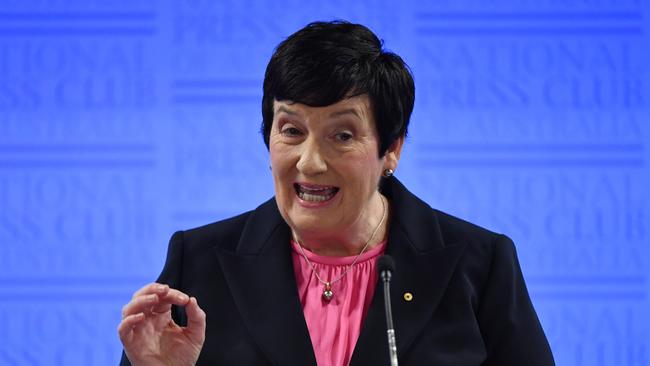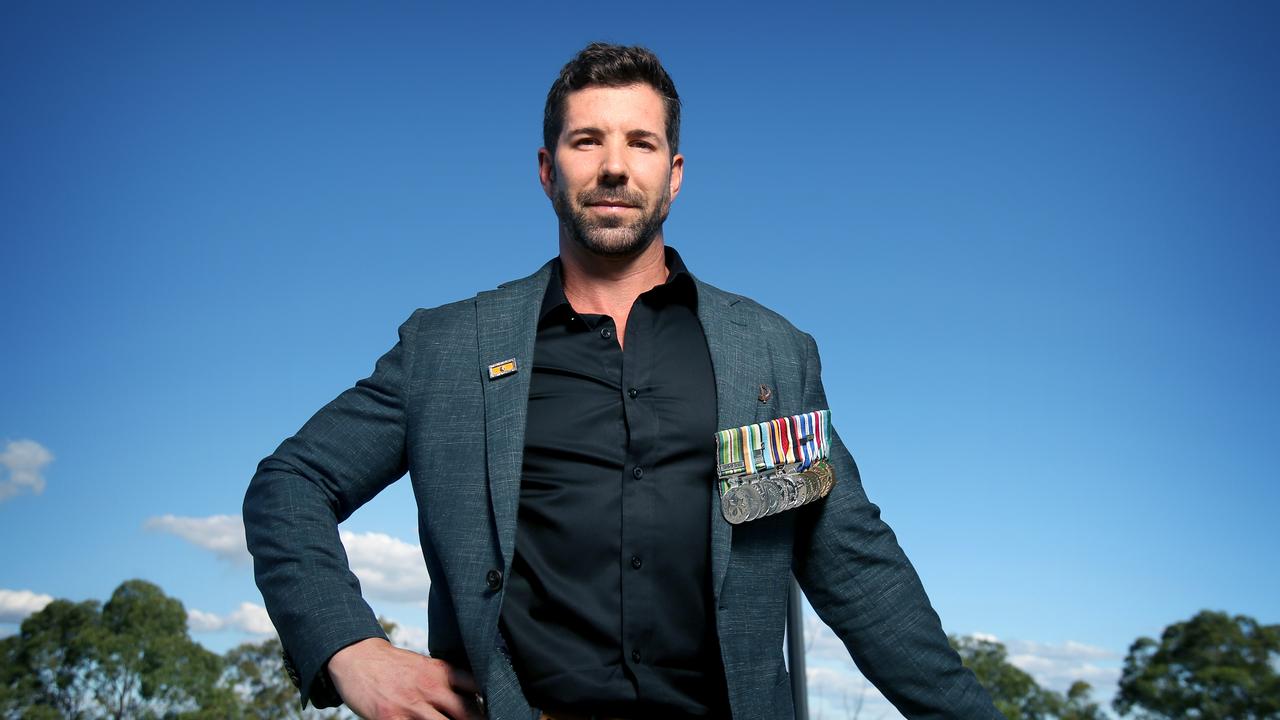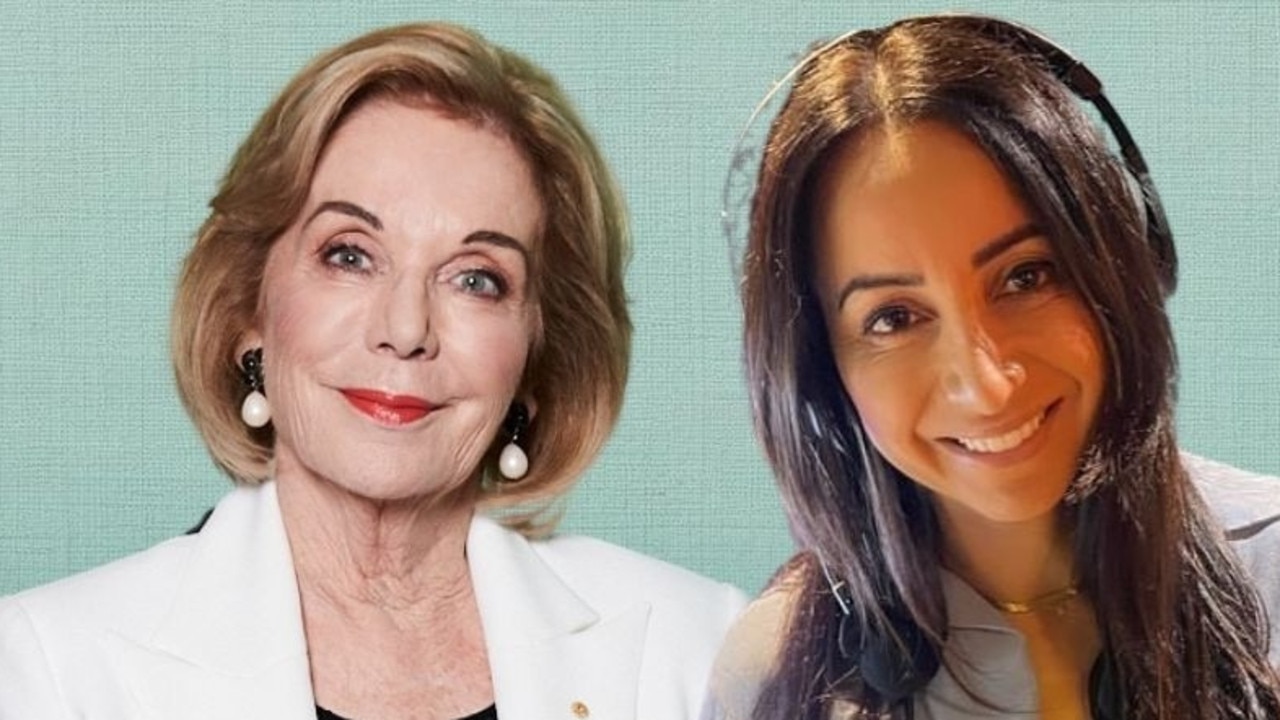Q&A recap: Government’s coronavirus jobs plan roundly applauded
Government’s new wage subsidy plan prompts hefty discussion on Monday night’s Q&A.

The government’s newly announced wage subsidy plan prompted a hefty discussion on Monday night’s Q&A on ABC television. Focused on delivering clarity on how the scheme will work, the program’s panellists handled a range of questions dealing with eligibility, employment and how the $130 billion measure will assist Australians affected by the health crisis.
The Commonwealth Bank’s chief executive Matt Comyn said the government’s latest announcement was a “positive set of measures” that will be instrumental in limiting the economic downside of the coronavirus crisis.
“The focus from both the federal and the state governments is to make sure they’re protecting our citizens and making sure they’re protecting our health workers and healthcare system as the right set of priorities,” he said.
Singer and songwriter Josh Pyke, whose industry has been decimated by the pandemic, said artists are “very, very concerned” financially, but remain hopeful the entertainment sector will rebound.
“We contribute $15bn to the economy every year, which is something a lot of people probably don’t think of when they think of entertainers,” he said.
“We are cautiously optimistic about the guidelines in place in terms of subsidies … but we’re definitely deeply concerned about how the next six months will play out for our industry.”
Whether the wage guarantee would extend to workers who are self-employed became the next issue of discussion, a topic Pyke added to by noting how common it is for entertainers to “fall between the cracks of subsidies and benefits”.
“The new announcement, it seems positive, but there’s so much we don’t know about it, what we need to do to be eligible for those subsidies. It’s a huge concern,” he said.
Deloitte Access Economics economist Vicki Hutley assured the audience the government will “do whatever it takes” to fill in the gaps, but asserted that it was only capable of cushioning the blow, not to getting rid of it.
“The government has been quite open in saying this isn’t the end of the line here,” Ms Hutley said.
“If we need to we will do more. The one point I would make is people will slip through the cracks in this. There will be terrible social and economic consequences. We can’t avoid that.”
Echoing her fellow panellists’ earlier comments, Business Council of Australia chief executive Jennifer Westacott said the government’s response to the crisis had been “designed extremely well”, particularly its objective on keeping people connected to their employers.
“This has been very carefully designed and calibrated for a crisis,” Ms Westacott said.
“I think it’s important that there are the right design arrangements so that employers keep people on so that they can come back when those companies are up and running again. The government has shown its willingness day by day to increase things, to adjust things, to change things, if things aren’t working.”
Addressing Assistant Treasurer Michael Sukkar, host Hamish Macdonald asked what prompted the government’s change of heart on the measure after previously “ridiculing” the idea.
“This (situation) deteriorated very quickly,” Mr Sukkar said.
“Strengthening the safety net at the beginning was the key focus. Since then it’s been about how to keep people connected to their employment because we know it’s not just an economic issue, it’s a society and mental health issue which will enable Australia to be in a position to take advantage of, hopefully, an improving economy once the health crisis ends.”
A question on whether people are obliged to work if they know they’re at risk by doing so led Macdonald to press Mr Sukkar on whether he understood why confusion was rife within the community.
“I can understand why,” he responded.
“This being a very quickly evolving process where we’ve had a relatively light-touch approach down to quite a heavy-handed approach of people essentially being asked to stay at home, of course, I can understand that confusion.
“What I’m saying is that this is an imperfect situation we find ourselves in. I know the Prime Minister and the premiers and the chief ministers are doing their level best to try and manage the health objectives.”
The final question for the panellists asked their advice on what business owners can do to ensure they do right by their employees, especially when considering the potential increase of fair work breaches.
“The most important thing is to make sure things are done by way of negotiation,” Ms Westacott said.
“I really commend the ACTU for the cooperative way that they’ve looked at some of these big awards and given some of the flexibility that employers have wanted. Some have also said that they understand they’re going to have to be very flexible and we need that flexibility, particularly in light of these wage subsidies.
“This is a time where I’ve never seen people co-operate on the level that they’re co-operating, whether it’s the ACTU or the employer groups, state and federal government’s, it’s astonishing to see people try and work things out.”



